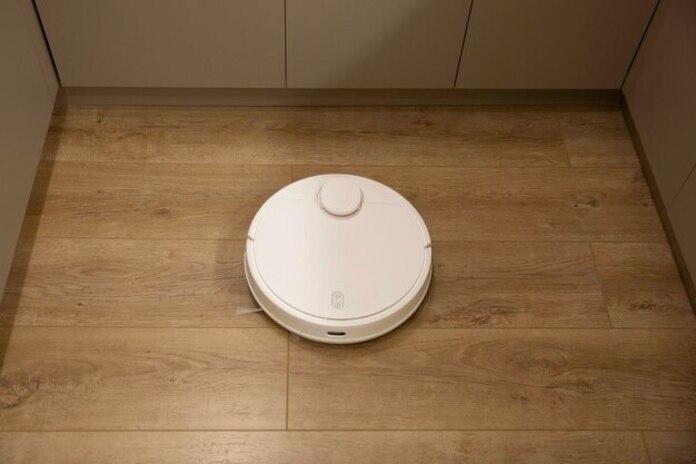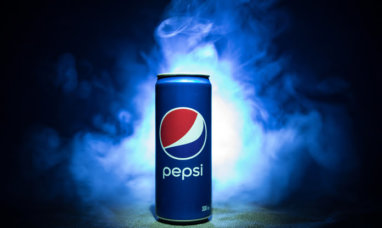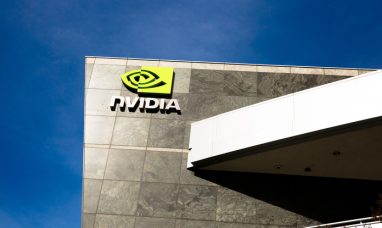Amazon.com Inc. (NASDAQ:AMZN) has scrapped its planned $1.4 billion acquisition of iRobot Corp., the maker of Roomba, due to conflicts with European Union regulators who were poised to block the deal.
Following this decision, iRobot, facing recent struggles, announced the resignation of Chief Executive Officer Colin Angle. The company is now set to undergo a restructuring plan resulting in a significant reduction of its workforce—about 31%, equivalent to approximately 350 job cuts. Consequently, iRobot’s shares plummeted by 19% in New York, hitting $13.80, the lowest level since 2009. In contrast, Amazon’s shares saw a minor uptick of less than 1% to $160.07.
The move by Amazon reflects the mounting pressure the tech giant faces to demonstrate that its actions do not undermine competition, especially as its influence extends into various sectors such as retail, cloud computing, and entertainment. Antitrust regulators in both the United States and Europe are vigilant about preventing major tech companies from acquiring innovative startups before they have a chance to become formidable competitors in their own right.
According to sources familiar with the matter, Amazon had discussions with the Federal Trade Commission’s (FTC) senior antitrust staff, who recommended legal action against the deal. Executives and lawyers from Amazon were slated to meet with the FTC’s three commissioners to make a final push for the acquisition. However, the European Commission, responsible for overseeing antitrust matters in the EU, raised concerns that led to Amazon abandoning the deal.
Amazon’s decision, accompanied by a $94 million termination fee to iRobot, follows a trend set by Adobe Inc., which recently withdrew from a $20 billion acquisition of startup Figma Inc. due to clashes with antitrust regulators in both the EU and the UK.
The European Commission warned Amazon about potential issues related to fair competition, suggesting that the tech giant might prioritize its products over other robot vacuum cleaners on its platform. Despite attempts to pressure Amazon into concessions, no agreement was reached.
David Zapolsky, Amazon’s Senior Vice President and General Counsel, expressed disappointment, stating that the outcome would hinder consumer access to faster innovation and more competitive prices. He argued that undue regulatory hurdles discourage entrepreneurs who see acquisition as a path to success.
While Amazon considered an appeal, insiders suggested that the process would likely take years. The merger agreement, set to expire this summer, had already undergone renegotiations.
Financially, the termination is considered immaterial to Amazon’s overall sales and profit. However, it underscores the challenges faced by large technology companies in completing acquisitions amid the current regulatory climates in the US and Europe, according to Bloomberg Intelligence Senior Analyst Poonam Goyal.
The dissolution of the deal also relieves Amazon from addressing the losses incurred by iRobot, which secured a $200 million financing facility last year, and saw Amazon reduce its per-share offer by approximately 15%.
Despite the setback, Amazon and iRobot have had a longstanding partnership, with Amazon being iRobot’s major customer. The vacuum maker also utilizes Amazon Web Services cloud-computing services, with executives from iRobot participating in Amazon events.
The resistance to Amazon’s iRobot acquisition highlights the tension between Amazon’s retail operations and its ambitions for the smart-home ecosystem centered around the Alexa voice assistant. The FTC expressed concerns that the deal would grant Amazon excessive control over the smart-home device market, potentially violating users’ privacy by providing access to home data.
The European Commission issued a warning, indicating its intention to closely monitor deals where established sales channels acquire suppliers heavily dependent on the acquirer’s infrastructure and customer reach for success.
Although the iRobot acquisition was relatively small for a company of Amazon’s size, it would have been the fourth-largest in its history, following acquisitions of Whole Foods Market, movie studio MGM, and concierge health-care service One Medical.
Regulators in both Europe and the US are increasingly skeptical of Big Tech’s dealmaking, with the EU recently rejecting Booking Holdings Inc.’s €1.6 billion ($1.7 billion) bid for Sweden’s Etraveli Group. The Biden administration in the US has set a record for merger challenges, signaling a heightened scrutiny of major tech mergers.
Featured Image: Freepik















